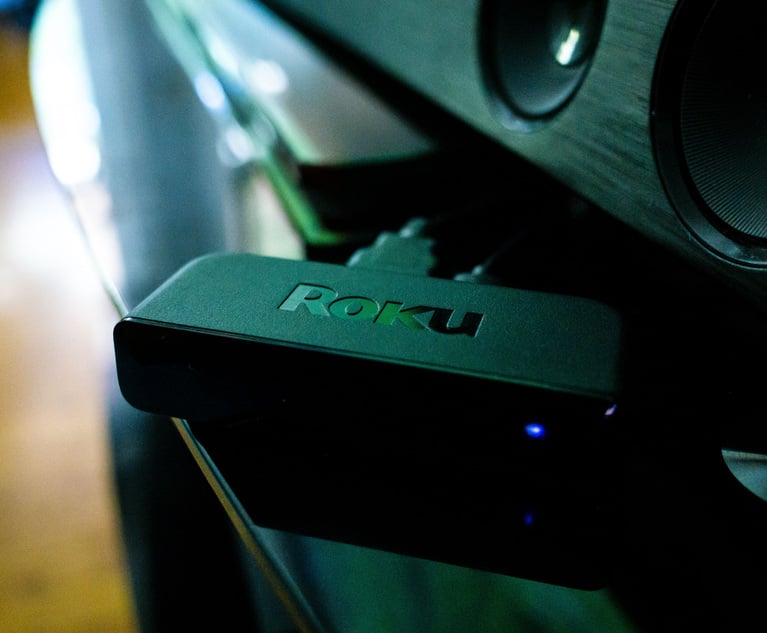In a case that makes it clear that Texas judges are permitted to testify in attorney discipline cases, the Texas Supreme Court decided Friday that it was wrong for an appellate court to overturn an attorney’s disbarment because of a judge’s testimony.
In the case, Commission for Lawyer Discipline v. Cantu, McAllen attorney Mark Cantu was disbarred, but an appellate court reversed because in the trial a federal bankruptcy judge had testified about overseeing Cantu’s personal bankruptcy proceedings. The high court overruled that decision, however, and sent it back to McAllen’s Thirteenth Court of Appeals.


 Photo: BigStock
Photo: BigStock





